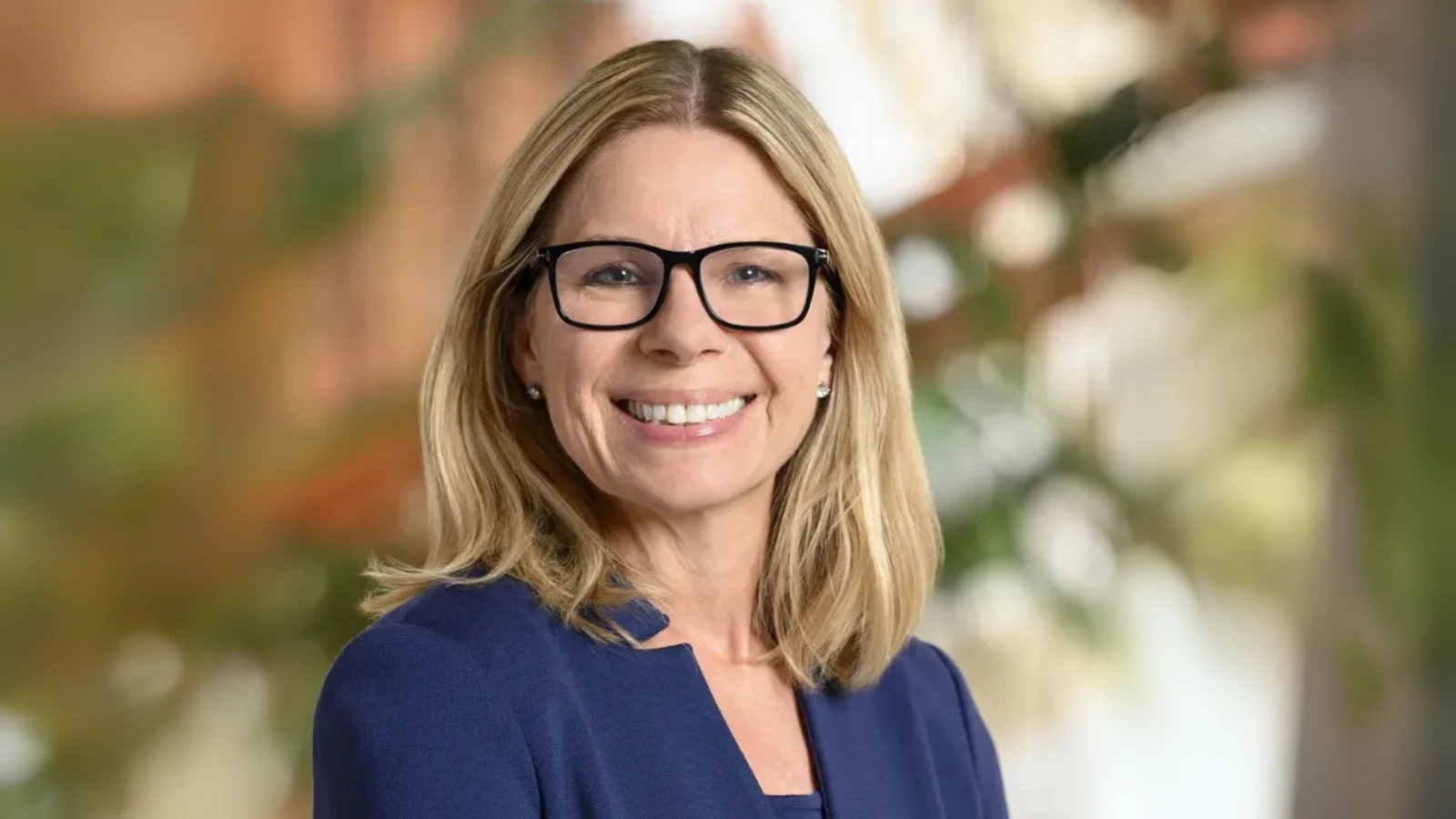Anna Bjerde, Managing Director of Operations at the World Bank Group, delivered a keynote address at the APEC 2025 CEO Summit in Gyeongju, Korea. In her speech, she highlighted South Korea's transformation from one of the poorest countries in the world when it joined the World Bank in 1955 to its current status as an advanced economy with unemployment below three percent.
Bjerde pointed to the role that technological advancement and targeted financial support played in this transition. She cited Goldstar—now known as LG—as an example of how early intervention by organizations like the World Bank Group can help local companies grow into global players. "In the early 1970s, it was still difficult for Korean companies to obtain financing. A local electronics manufacturer named Goldstar encountered that exact problem as it looked to expand internationally. With commercial bank finance unavailable, the World Bank's private sector arm, IFC, stepped in to assist with a $17 million loan," she said. "Importantly, we also provided critical market advice and introductions to our partners in the financial world."
Discussing current challenges and opportunities for developing economies, Bjerde addressed artificial intelligence (AI) and its potential impact. She distinguished between "Big AI"—which requires substantial computing power, reliable electricity, large amounts of data, and skilled personnel—and "Small AI," which relies on localized models and smaller systems suitable for developing contexts. According to Bjerde: "Small AI can help a farmer identify a disease in their crops—and get the right treatment. Small AI can help a doctor working across remote clinics to diagnose a patient."
She noted disparities between high- and low-income countries regarding digital infrastructure: high-income nations host 77% of global data center capacity while low-income countries account for less than 0.1%. Low-income countries also represent less than 1% of global ChatGPT traffic.
Bjerde emphasized that economic growth is slowing globally; growth is expected at just 2.3 percent this year—the weakest outside crisis periods over fifteen years—with emerging markets stagnating around 3.8 percent growth.
She outlined the World Bank Group’s three-pillar approach to job creation: supporting governments in building infrastructure such as roads and hospitals; assisting with policy reforms for business-friendly environments; and helping private sector investment through capital provision and risk mitigation tools like guarantees and political risk insurance.
Recent initiatives include packaging $510 million worth of IFC loans into rated securities—a move aimed at attracting institutional capital—and targeting an increase in annual guarantee insurance across the Group to $20 billion by 2030. The organization also seeks to raise its share of long-term financing provided in local currencies from about one-third today to 40% by 2030.
On regional integration within APEC economies, Bjerde called for efforts such as simplifying customs procedures and improving connectivity both physically and digitally. She referenced East Asia’s Regional Comprehensive Economic Partnership as having potential to boost intra-regional trade by up to 12%.
The World Bank has committed a $6 billion lending portfolio supporting more than 60 projects related to digital public infrastructure—including digital IDs and payment systems—in over 100 economies worldwide.
In concluding remarks directed at private sector leaders attending APEC, Bjerde stated: “First, co-invest with us... Second, partner on regional integration... Third, invest in people.”
She added: “This is how—together—we can spur investment, kickstart growth, and ensure that innovation translates into jobs.”

